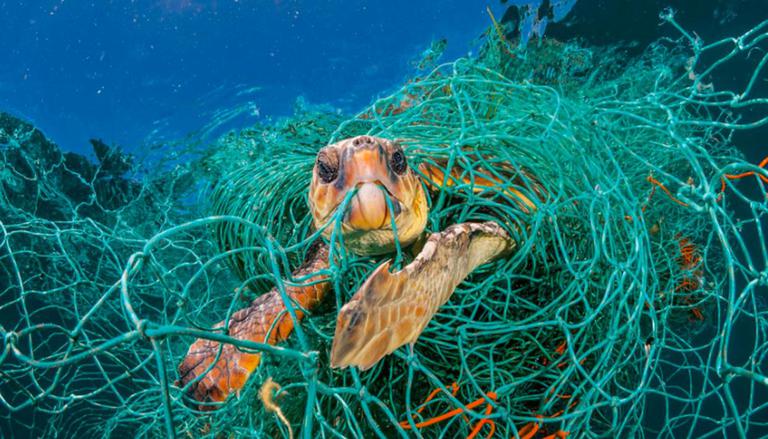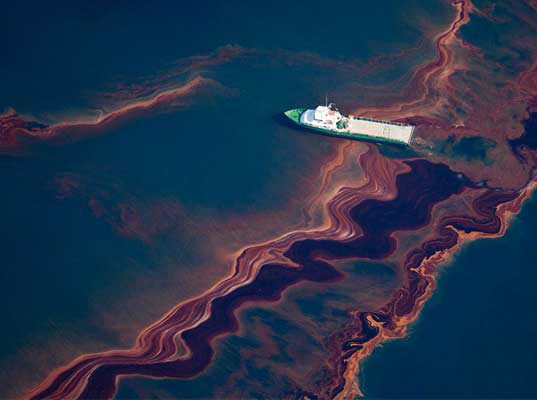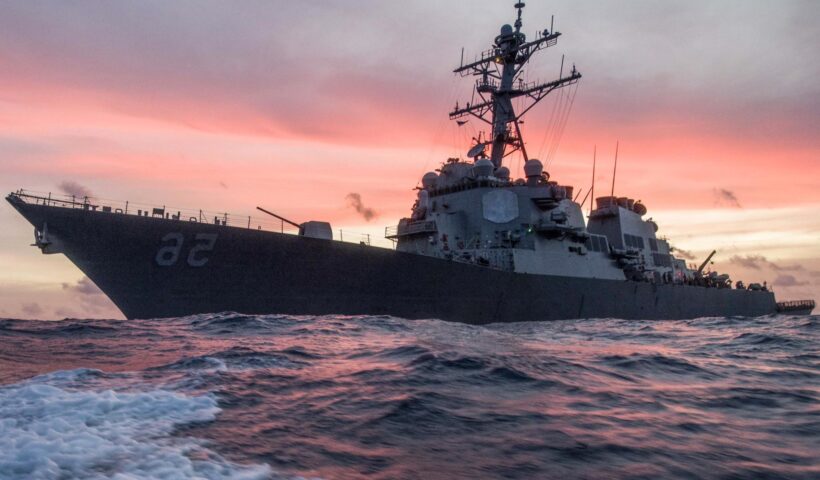The state of the world’s oceans continues to deteriorate. As new threats to the health and viability of the oceans
emerge, most of the problems identified decades ago have still not been solved and many have become worse,
according to a study carried out in 2001 by the United Nations Joint Group of Experts on the Scientific Aspects
of Marine Environmental Protection. At risk are the vast resources of the oceans and the many economic benefits that humanity derives from them, estimated to be about $7 trillion per year.
Coastal areas — the most productive marine environments — are the most affected. Currently more than
half of the world’s population lives within 100 kilometers of the coast, with two thirds of all cities with over
2.5 million inhabitants. By 2025, it is expected that 75 per cent of the world’s population will live in coastal
areas.
Tag: International Convention for the Prevention of Pollution from Ships
International Convention for the Prevention of Pollution from Ships, 1973, as modified by the Protocol of 1978 relating thereto and by the Protocol of 1997 (MARPOL)
The International Convention for the Prevention of Pollution from Ships (MARPOL) is the main international convention covering prevention of pollution of the marine environment by…
View More International Convention for the Prevention of Pollution from Ships, 1973, as modified by the Protocol of 1978 relating thereto and by the Protocol of 1997 (MARPOL)what is the meaning of Freedom of Navigation in law of the sea and customary international law
what is the meaning of Freedom of Navigation in law of the sea and customary international law, Arctic Sunrise Arbitration, LOSC, ship is without nationality, Ships With Suspicious Nationality, slave trade, unauthorized broadcasting, warship
View More what is the meaning of Freedom of Navigation in law of the sea and customary international law


